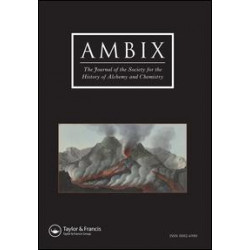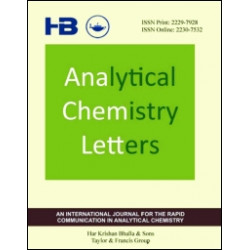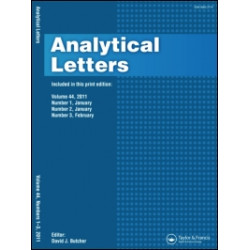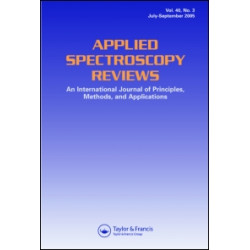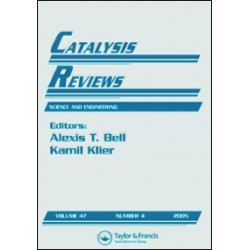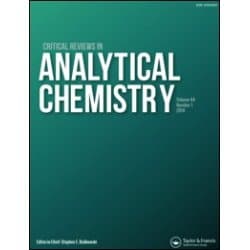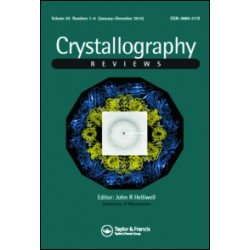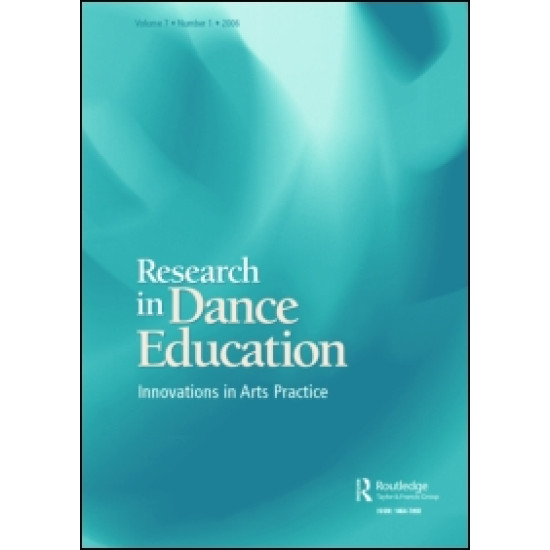
Research in Dance Education
2017 CiteScore 0.55 - values from Scopus
Research in Dance Education aims to inform, stimulate lively and critical debate and promote the development of high quality research and practice in dance education. The journal is relevant to dance academics, teachers and learners.
The journal includes contributors from a wide and diverse, international community of researchers. This extends to all aspects of dance in education, providing opportunities for both experienced and less experienced researchers. The journal encourages a wide range of research approaches and methods, in a forum for debate. Issues related to pedagogy, philosophy, sociology and methodology in relation to creating, performing and viewing dance in various contexts are welcome. The role and value of dance as part of arts education and the connections with other arts practitioners is also supported.
The research field of Research in Dance Education includes for example:
The journal includes contributors from a wide and diverse, international community of researchers. This extends to all aspects of dance in education, providing opportunities for both experienced and less experienced researchers. The journal encourages a wide range of research approaches and methods, in a forum for debate. Issues related to pedagogy, philosophy, sociology and methodology in relation to creating, performing and viewing dance in various contexts are welcome. The role and value of dance as part of arts education and the connections with other arts practitioners is also supported.
The research field of Research in Dance Education includes for example:
- all phases of education, pre-school to higher education and beyond;
- teaching and learning in dance, theory and practice;
- embodiment;
- new technologies;
- systematic reviews of literature;
- professional dance artists in education;
- learning in and through dance;
- aesthetic and artistic education;
- dance and the arts;
- dance and physical education;
- training dance teachers: initial teacher education, continuing professional development, dance degrees, and professional dance training;
- examination dance;
- dance therapy;
- special educational needs;
- community dance and youth dance;
- dance in society: gender, ethnicity, class, religion, economics;
- psychological issues: self esteem, motivation, body image;
- creativity;
- philosophy and the arts;
- research methods and methodologies.
Peer Review Policy:
All research articles in this journal have undergone rigorous peer review, based on initial editor screening and anonymized refereeing by at least two anonymous referees.
Reviewers include dance academics: professors, readers and lecturers, and teachers in: Universities, Colleges, Schools of Higher Education, education authority curriculum support services, professional dance world, professional dance training institutions.
What to expect during peer review
Information about the peer review process and what to expect can be found on the Taylor & Francis Author Services website: http://authorservices.taylorandfrancis.com/what-to-expect-during-peer-review/
₹43,083.90







